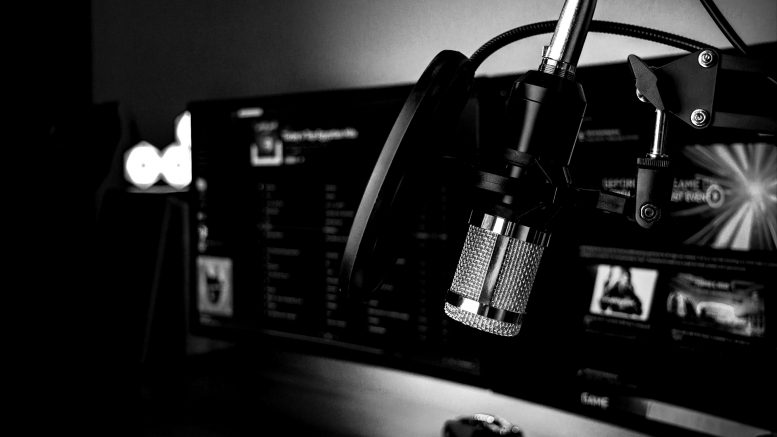Michael Buerk, the veteran BBC broadcaster, has voiced concern over the future of The Moral Maze after declaring in an interview with the ITV that Radio 4 is becoming increasingly “woke”.
The former newsreader, who has presented the live discussion show about ethical issues for 31 years, said to The Radio Times: “[The BBC] had become an anachronism during a time of declining tolerance.”
This is only the latest instance of disputes over free speech, but in recent years, we have seen increasing clashes over freedom of expression within media settings.
The Moral Maze serves an essential public service. The participants construct intelligent arguments and respectfully present them.
It illustrates people can strongly differ on a given topic but treat each other with respect.
For instance, Giles Fraser and Melanie Pillips have frequently exchanged heated words, but a certain affection also emerged – an anonymous source told the Voice of London Fraser invited Phillips to his wedding.
Social media has played a significant role in the freedom of speech conundrum we are facing today.
The social media environment has encouraged people to believe those with opposing views are not just incorrect but they are inherently evil.
Mr Buerk hints the national broadcaster could have done more to defy the trends and treat the cancel culture with disdain.
Instead, it has fostered an environment within smug liberalism that is embraced, and alternatives are marginalised.
The future of the Moral Maze
Mr Buerk told The Times Radio, he fears for the future of the show he presents, which begins a new series next week.
He wonders whether a program debating contemporary yet controversial issues such as transgender rights and morality in the new Covid era can survive in the current climate.
Although The Moral Maze has felt the central part of the schedule for over 30 years, Mr Buerk told The Radio Times, it now feels like “an anachronism” due to people’s willingness to cancel views that offend them.
It seems like Mr Buerk came close to throwing the towel.
He said to the Radio Times: ” We used to pride ourselves that it was a programme on which the unsayable gets said.” Yet it’s fascinating he used a past tense.
The Moral Maze has proven to listeners that a moral standpoint on an issue is not enough to build a solid argument.
One needs to be well-informed, articulate, and analyse and criticise his opponent’s case to be a valuable contributor to a discussion.
Words: Ivan Zhelev sub-edited: Marion Pichardie


Be the first to comment on "Is freedom of speech under threat at the BBC?"